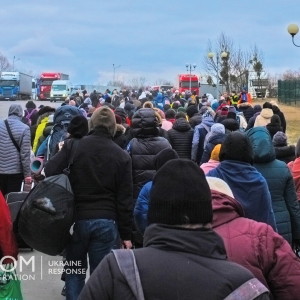Investigating the effects of social networks on migration movements in Rwanda
Summary
This study aims to discover new insights into how social networks influence internal migration in Rwanda. It used a vast amount of “digital trace” data based on mobile phone records from January 2005 to June 2009 to better understand migration-related decisions made by roughly 1 million individuals in Rwanda. It mainly focused on the two ways that migrants use social networks: (1) to access information, for instance, about jobs and (2) to obtain social and economic support.
Results
This project demonstrated that prior to migrating, migrants engage more in networks to receive social support than to obtain information. In addition, the results highlight that different types of migrants—for instance, including long-term and short-distance migrants—value social networks to varying extents. These insights were possible to attain because compared to traditional data, the “digital trace” data had provided more geographic and temporal granularity.
This initiative could be replicated in places where most of the population uses mobile phones as the main means for communicating with others, mobile phone enterprises can give practitioners access to data in an anonymously and responsible way, and the phone owners subscribers are representative of the population of the study.
(Figure © Blumenstock, J; Chi, g; & Tan, X. et al. (2021)).


